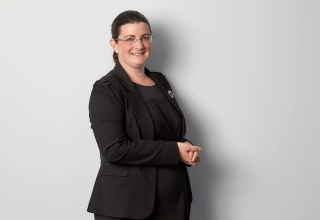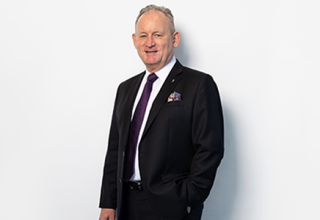Why Clear Pleadings are a ‘Mark’ of Success

Why Clear Pleadings are a ‘Mark’ of Success
Wednesday 2 October, 2024
In her final decision as Assistant Commissioner of Trade Marks, Natasha Alley, Tompkins Wake’s newest Special Counsel, highlighted the importance of clear pleadings. The case of Swappoint AG v Expensify, Inc serves as a valuable lesson for precision in pleadings and engaging expert advocates from the outset of intellectual property (IP) disputes.
Background
Swappoint applied to register the trade mark KARMAPOINT in New Zealand. Expensify opposed the application on the ground that Swappoint had no intention to use the mark in New Zealand for the goods and services of the application. The opposition was not successful, and the mark was registered.
The role of clear proceedings
While the decision primarily focused on whether Swappoint’s trade mark application was prohibited by section32(1) of the Trade Marks Act 2002 (the Act), the decision touches on the importance of getting pleadings right from the start. Expensify’s opposition relied on s 32(1) of the Act, alleging that Swappoint had no intention to use the KARMAPOINT mark in New Zealand. However, Expensify also made references to s 32(2) in its written submissions, alleging that Swappoint was “overclaiming” in its application by seeking to register its mark for a scope of goods and services which exceeded its intended use of the mark. Section 32(2) is concerned with whether the scope of the specification for the goods and services is justified, not whether the applicant intended to use the mark. This particular statutory provision was not referred to in Expensify’s notice of opposition.
To the extent Expensify’s written submissions relied on s 32(2) of the Act, the submissions were not taken into account. This was necessary to meet the requirements of natural justice and prevent unfairness, as the opposing party is entitled to have a clear understanding of the case they need to meet. It was considered it would be unfair to examine whether s 32(2) of the Act prohibits registration of Swappoint’s mark as that provision was not referred to in the pleadings.
Expensify was, therefore, only able to pursue the s 32(1) ground – that Swappoint had no intention to use the mark. The decision emphasises that there is clearly a high bar for successfully opposing trade mark applications on the ground of no intention to use. Successful oppositions based on this ground are rare. Had Expensify relied on s 32(2) in its notice of opposition, it may have had a greater chance of success.
T|W Insights
This case highlights the importance of getting a case right from the start. Pleadings form the foundation of any case. If the pleadings are incorrect or incomplete, this may weaken the claim. Involving experienced counsel in trade mark disputes early is one of the first steps you can take to avoid a procedural issue leading to a substantive loss.
Our team of IP experts are happy to answer any questions you may have about IP disputes and assist with the process.









